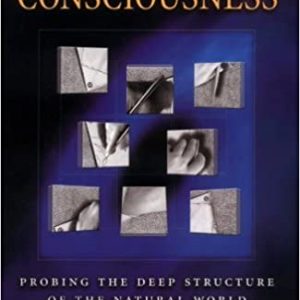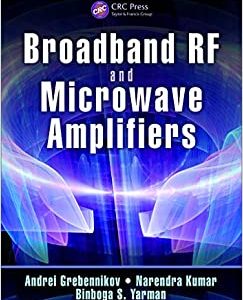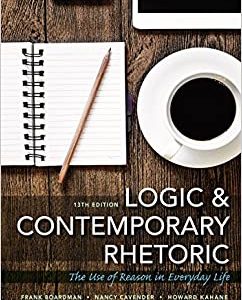Waves and Oscillations A Prelude to Quantum Mechanics by Walter Fox Smith
ISBN-13: 9780195393491
ISBN-10: 019539349X
Waves and oscillations permeate virtually every field of current physics research, are central to chemistry, and are essential to much of engineering. Furthermore, the concepts and mathematical techniques used for serious study of waves and oscillations form the foundation for quantum mechanics. Once they have mastered these ideas in a classical context, students will be ready to focus on the challenging concepts of quantum mechanics when they encounter them, rather than struggling with techniques.
This lively textbook gives a thorough grounding in complex exponentials and the key aspects of differential equations and matrix math; no prior experience is assumed. The parallels between normal mode analysis, orthogonal function analysis (especially Fourier analysis), and superpositions of quantum states are clearly drawn, without actually getting into the quantum mechanics. An in-depth, accessible introduction to Hilbert space and bra-ket notation begins in Chapter 5 (on symmetrical coupled oscillators), emphasizing the analogy with conventional dot products, and continues in subsequent chapters.
Connections to current physics research (atomic force microscopy, chaos, supersolids, micro electro-mechanical systems (MEMS), magnetic resonance imaging, carbon nanotubes, and more) are highlighted in the text and in end-of-chapter problems, and are frequently updated in the associated website.
The book actively engages readers with a refreshing writing style and a set of carefully applied learning tools, such as in-text concept tests, ?your turn? boxes (in which the student fills in one or two steps of a derivation), concept and skill inventories for each chapter, and ?wrong way? problems in which the student explains the flaw in a line of reasoning. These tools promote self-awareness of the learning process.
The associated website features custom-developed applets, video and audio recordings, additional problems, and links to related current research. The instructor-only part includes difficulty ratings for problems, optional hints, full solutions, and additional support materials.











